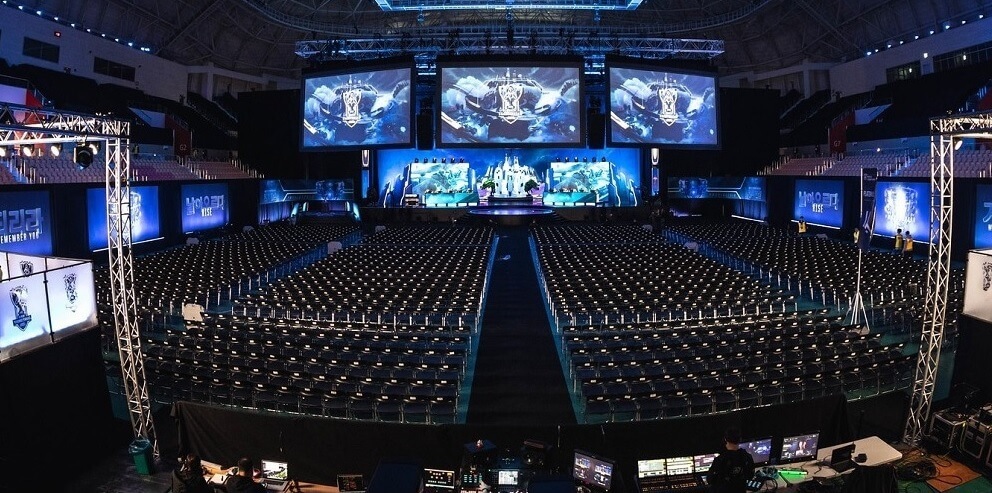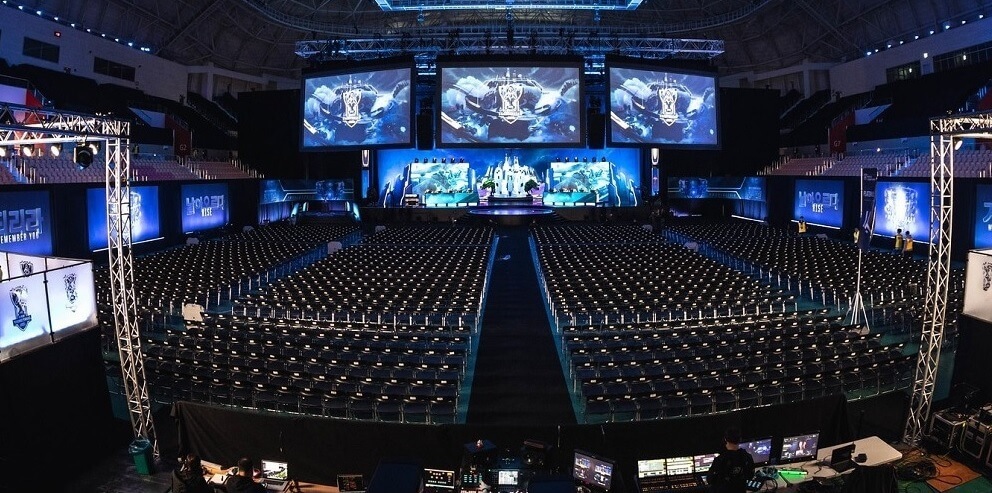
The LCK has long been the most competitive League of Legends region in the world. As of 2019, it was the last major region without franchised partners. However, that is about to end.
The end of an era
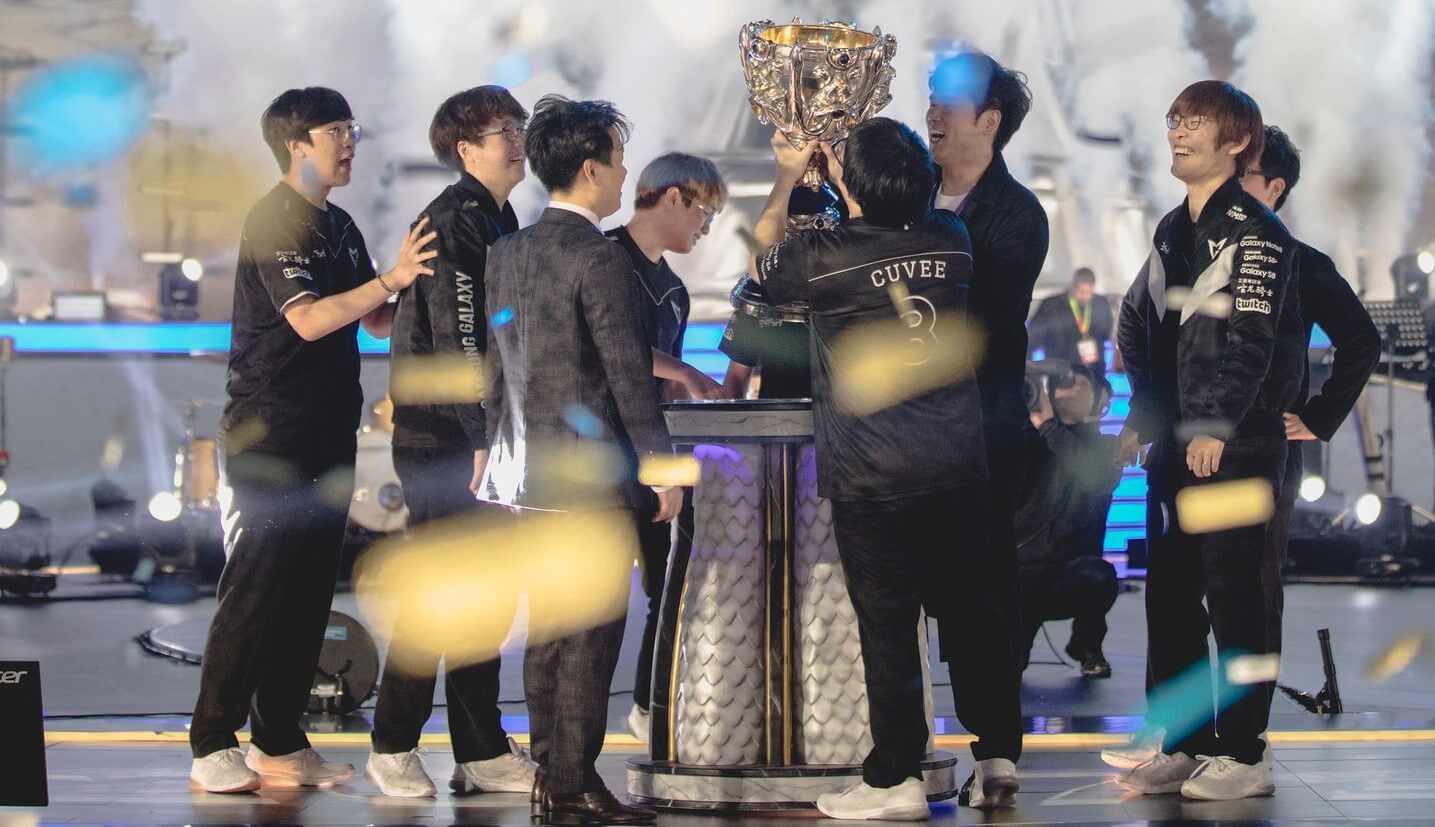
Last weekend, Riot Korea officially announced that the League of Legends Championship Korea, South Korea’s premier League of Legends tournament, will switch to a franchising model for the 2021 spring split season.
On its new website, Riot Korea confirmed that that the League, commonly known as the LCK, will be moving away from the traditional promotion and relegation series after the summer split. Instead, it will be focusing on the “long-term partnership” model used in the other three major regions – North America’s LCS, Europe’s LEC and China’s LPL.
The company gives several reasons for that, such as helping the organizations’ stability and fundraising, giving players a better work environment and helping build a long-lasting fanbase. Similarly, they address several of the criticisms against this model, such as the possibility of a weak organization not needing to improve or the worries about the current challenger scene.
To participate in the new model, organizations must submit an application to Riot Korea detailing their business plan, how they will secure the funds needed and how they plan to operate. Riot will then review the applications and announce them in September, giving the organizations the time needed to prepare for the 2021 Spring Split.
What is franchising
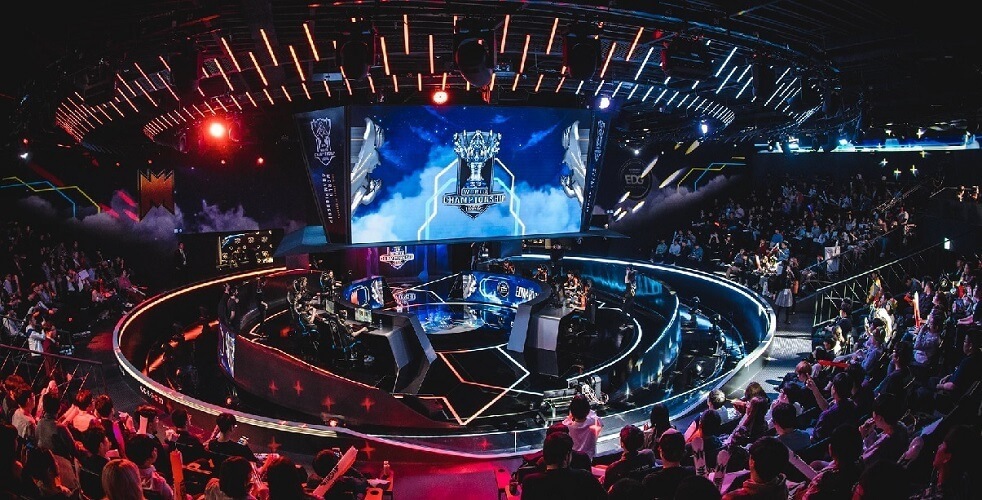
Under the current model, amateur teams can play through a series of tournaments to reach the LCK. The last step before it is the league known as Challengers Korea, or CK for short. Before every LCK season, the top teams from CK and the bottom teams of the LCK play a tournament with the LCK spots on the line.
Many powerful LCK organizations have started as amateur teams that fought their way into the LCK. DAMWON Gaming, currently the third-best team in the league, did so in the spring of 2019.
However, many team owners have complained that the uncertainty of this model is holding them back from expanding their brands, and that a profit-sharing method would help them develop their organizations. Riot’s answer to that is the franchised model which has already been implemented in most of its pro leagues.
Under such a model, organizations will compete for permanent spots, with the chosen organizations paying a certain amount to be permanent members of the league. They will also receive a share of any league revenue such as from sponsorship deals, match broadcasting rights, etc.
New teams can only join the LCK if Riot expands the number of teams, an organization sells its spot or if it loses it due to malfeasance or is expelled from the league. The last option is extremely rare, but earlier this year it happened in the CIS region, where Vaevictis lost their spot due to lack of competitive performance.
READ MORE:
As there is no promotion anymore, the challenger league will be replaced by a new league where pro teams have to field challenger squads that attract and foster up-and-coming talent. In some regions, such as Europe or China, this circuit is open to amateur teams as well, but so far, we do not know if this will be the case in South Korea.
What we can expect
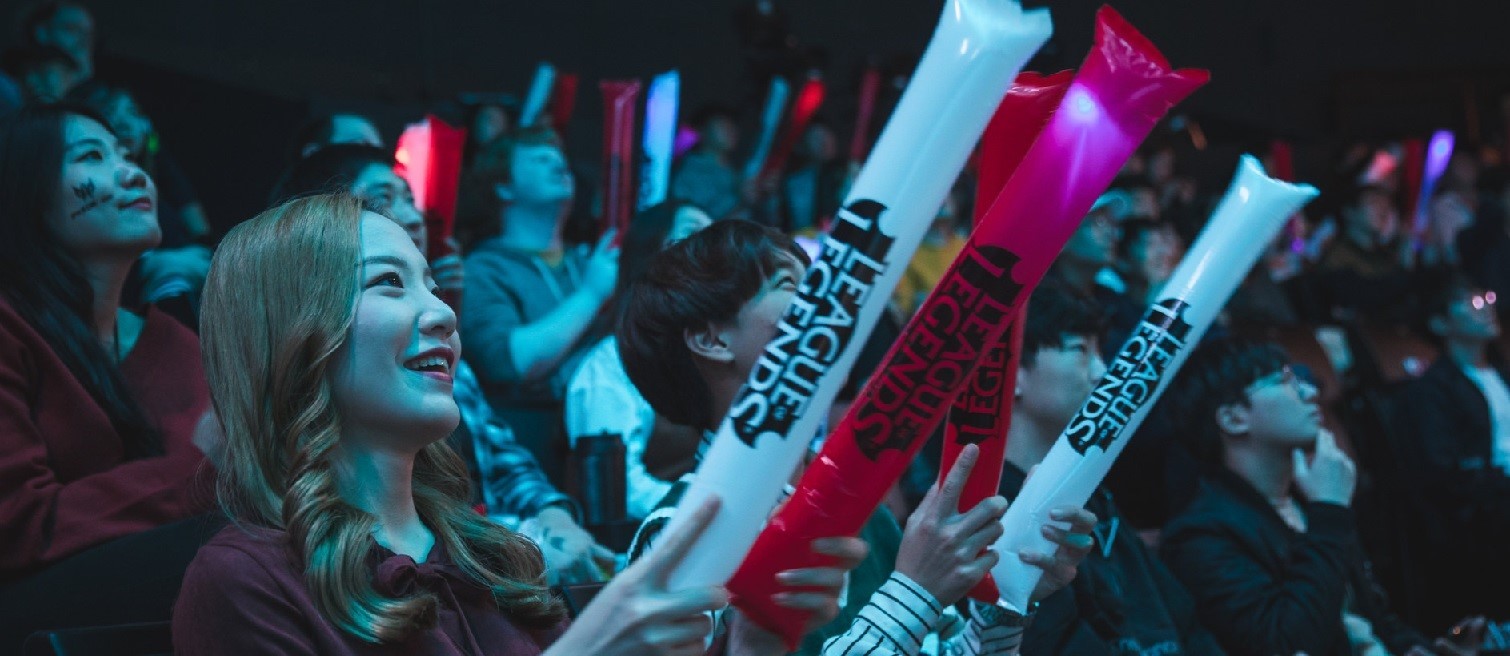
After Riot Korea announced this, the die is cast for the LCK. While many fans prefer the extra risks and new faces that come with a promotion system, Europe and China have shown that the new system can improve the level of a region.
Likewise, not only have both big esports organizations and Riot Games long been pushing for this move, but the format has also been adopted by competitors such as Blizzard’s Overwatch League.
READ MORE:
It is very likely that some of the organizations that will be competing in the 2020 Summer Split will not be approved for the new league. While Riot has not announced this so far, in other leagues the organizations that lost their spot were compensated with some of the money the tournament organizer received from the successful applicants. However, most of the big names – T1, KT Rolster or Gen.G – are very likely to remain.
In the meantime, the last promotion tournament will take place later this year to determine if we will see some new blood in Korea’s premier circuit. And if you want to see how a challenger circuit in such a league may work out, check out our guide to the EU Masters tournament taking place right now!


































